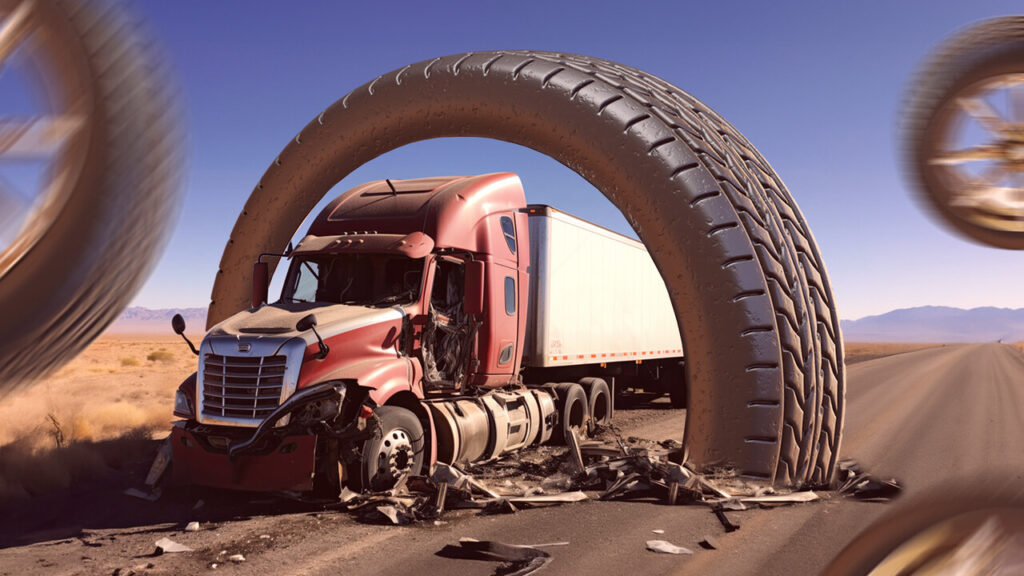
In a recent courtroom drama, the gavel struck as a truck driver was sentenced for his involvement in a fatal accident. The case not only highlights the tragedy of loss but also amplifies the critical discourse surrounding road safety and the indispensable need for strict enforcement of trucking regulations to safeguard lives on our nation’s highways.
The incident, marked by sorrow and devastation, brought to light the sobering reality of the potential consequences of negligence behind the wheel of commercial vehicles. The aftermath of such accidents reverberates far beyond the courtroom, leaving families shattered and communities grappling with profound grief.
While the sentence handed down may provide a semblance of justice, it cannot reverse the irreversible or heal the wounds inflicted upon those affected. However, it serves as a stark reminder of the immense responsibility that comes with operating heavy machinery on public roads.
Trucking regulations exist not as mere bureaucratic red tape but as essential safeguards against preventable tragedies. From stringent driver training to meticulous vehicle maintenance protocols, these regulations are designed to mitigate risks and uphold the highest standards of safety.
Yet, despite these measures, accidents continue to occur with alarming frequency. Whether due to driver fatigue, distraction, or disregard for regulations, each incident underscores the urgent need for unwavering vigilance and accountability within the industry.

Beyond punitive measures, there exists a pressing imperative for proactive measures aimed at fostering a culture of safety and responsibility among trucking professionals. Comprehensive education initiatives, coupled with enhanced oversight and technology-driven solutions, can play pivotal roles in reshaping the landscape of road safety.
Moreover, collaboration between regulatory bodies, industry stakeholders, and advocacy groups is paramount in effecting meaningful change. By leveraging collective expertise and resources, we can strive towards a future where fatal accidents become rare exceptions rather than grim realities.
As the wheels of justice continue to turn, let us not lose sight of the lives forever altered by the echoes of a single moment’s recklessness. Let us honor their memory by redoubling our efforts to ensure that tragedies like these become catalysts for lasting transformation.
In the end, the true measure of progress lies not in the severity of sentences but in our steadfast commitment to forging a safer tomorrow on the highways we traverse. Only then can we hope to spare future generations from the anguish of unnecessary loss and pave the way for a future where every journey is marked by safety, responsibility, and compassion.
